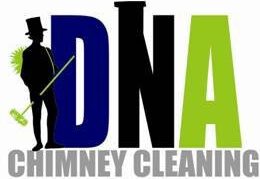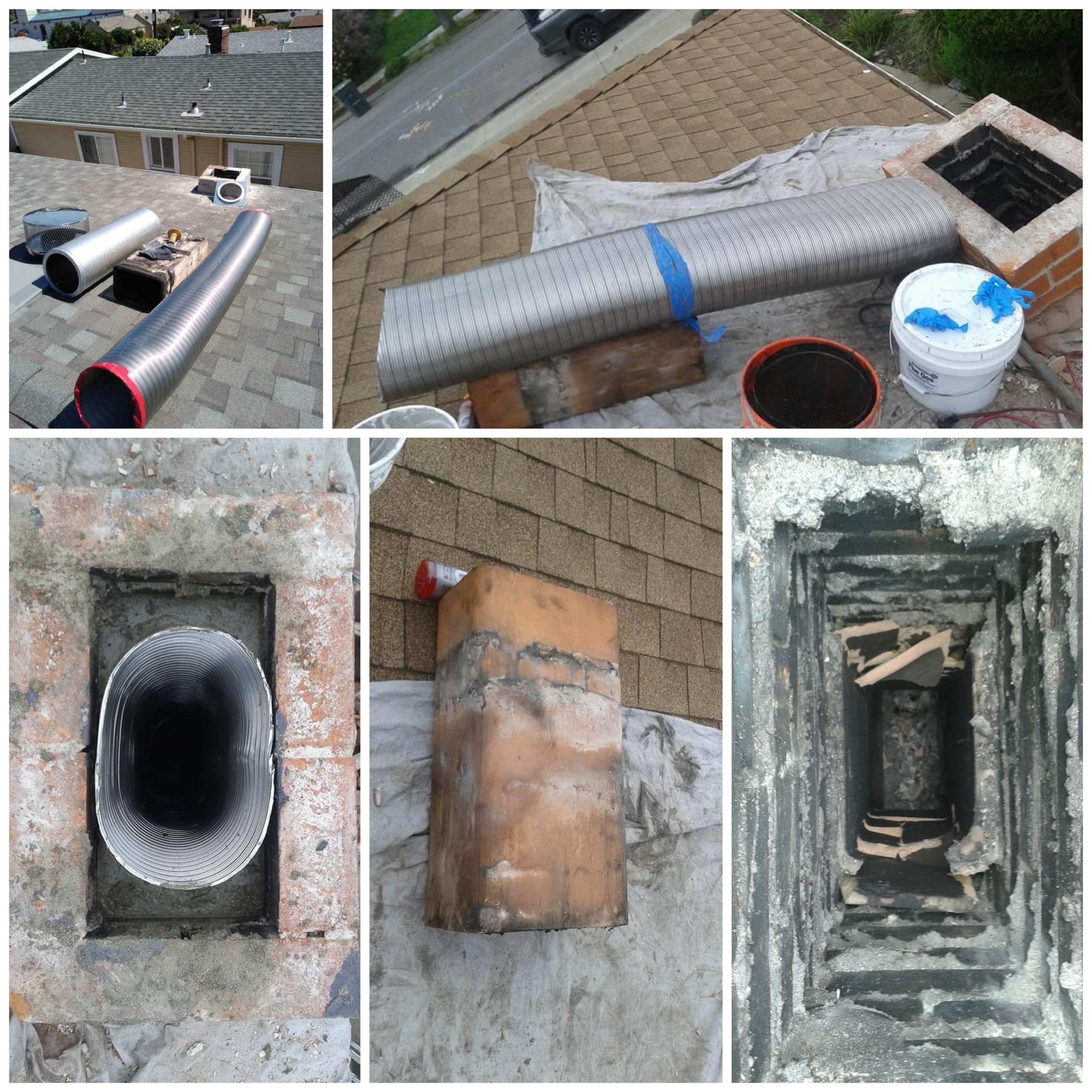Relining Chimney Systems
Relining Chimney Systems: Steel Rigid and Flex Liners
Relining your chimney with a steel rigid or flexible liner is one of the best ways to improve the safety, efficiency, and longevity of your chimney system. Whether you’re upgrading an older chimney, addressing structural issues, or installing a new heating appliance, a properly installed liner ensures that your chimney operates effectively and safely. Chimney liners create a smooth and insulated path for smoke and combustion gases to exit your home while protecting your chimney walls from heat, moisture, and corrosive byproducts.
Types of Chimney Liners
1. Rigid Stainless Steel Liners
• Ideal for: Straight chimneys with minimal bends or curves.
• Features: These liners are made from durable, heavy-duty stainless steel and are perfect for chimneys with a consistent shape and size.
• Benefits: Long-lasting, highly efficient, and easy to clean due to their smooth interior surface.
2. Flexible Stainless Steel Liners
• Ideal for: Chimneys with bends, curves, or irregular shapes.
• Features: Flexible liners are designed to navigate the twists and turns of complex chimney systems.
• Benefits: Easier to install in non-linear chimneys and highly durable, making them a versatile solution for a wide range of setups.
Why Relining Your Chimney is Important
1. Safety
Over time, unlined or deteriorated chimneys can allow heat, smoke, and dangerous gases like carbon monoxide to seep into your home. A new steel liner creates a sealed passageway that directs these byproducts safely outside.
2. Improved Efficiency
Chimney liners enhance the draft, ensuring proper airflow for your fireplace, stove, or furnace. This improved efficiency means less heat is lost, and your heating system performs more effectively.
3. Prolongs Chimney Life
Combustion gases can corrode masonry and weaken your chimney over time. A stainless steel liner protects the interior of your chimney from damage caused by moisture, soot, and acidic byproducts.
4. Code Compliance
Many local building codes now require chimneys to have a liner for safety and efficiency. Installing a steel liner ensures your chimney meets modern standards.
5. Versatility
Steel liners are compatible with various heating systems, including wood stoves, pellet stoves, gas appliances, and traditional fireplaces.
Rigid vs. Flex Liners: Which Should You Choose?
• Rigid Liners are best for straight chimneys with no obstructions. They provide superior durability and are easy to clean, making them a great choice for homes with simple chimney designs.
• Flexible Liners are ideal for chimneys with bends or offsets. Their flexibility allows them to conform to the shape of the chimney, ensuring a proper fit even in complex systems.
Final Thoughts
Relining your chimney with a stainless steel liner—whether rigid or flexible—is a wise investment in the safety and efficiency of your home. These liners offer superior durability, improved airflow, and protection against moisture and corrosion, extending the life of your chimney system. By choosing the right liner for your specific chimney setup, you can enjoy peace of mind knowing your fireplace or heating appliance operates safely and effectively. Consult a professional chimney specialist to evaluate your chimney and recommend the best liner solution for your home.

